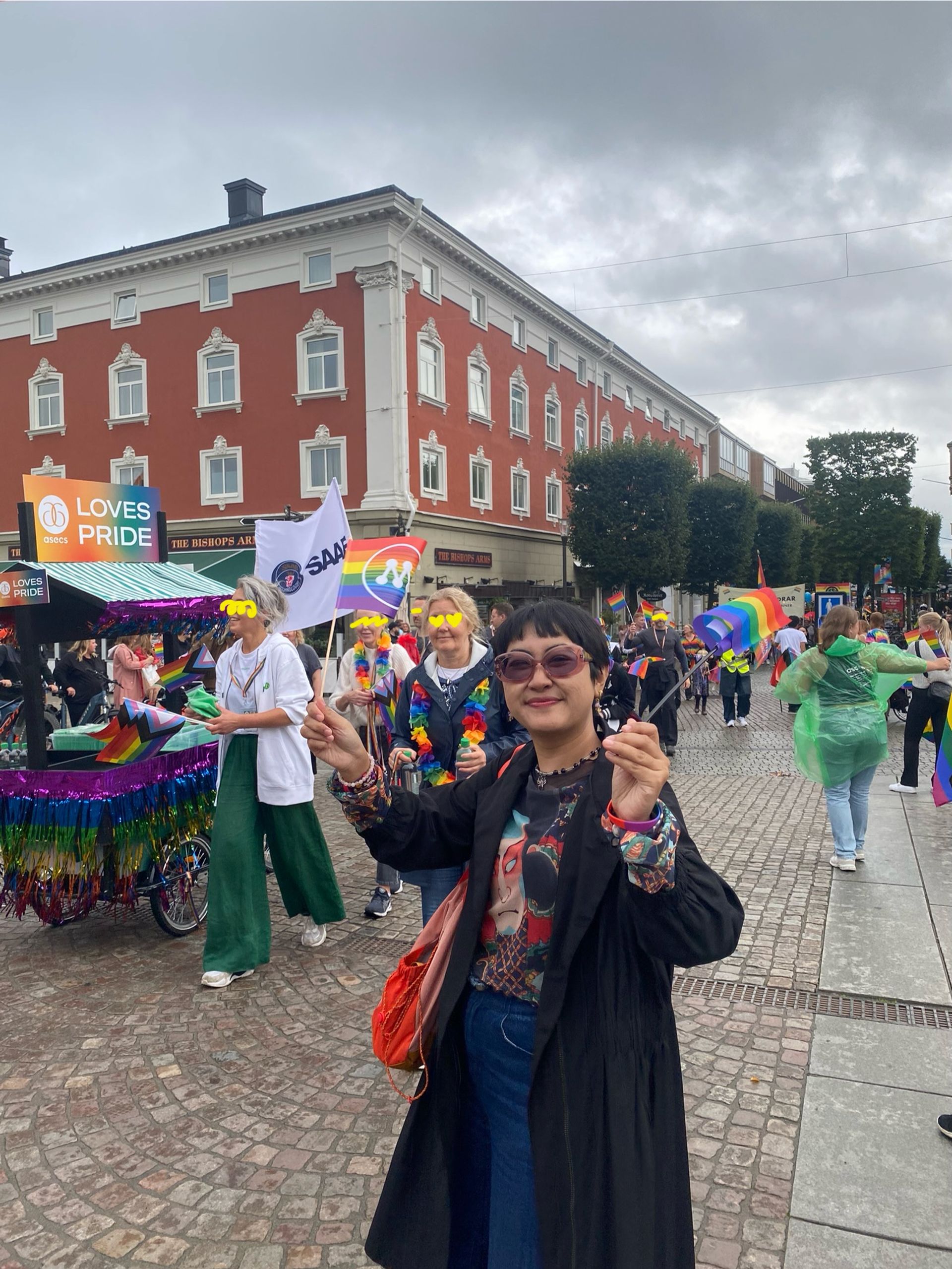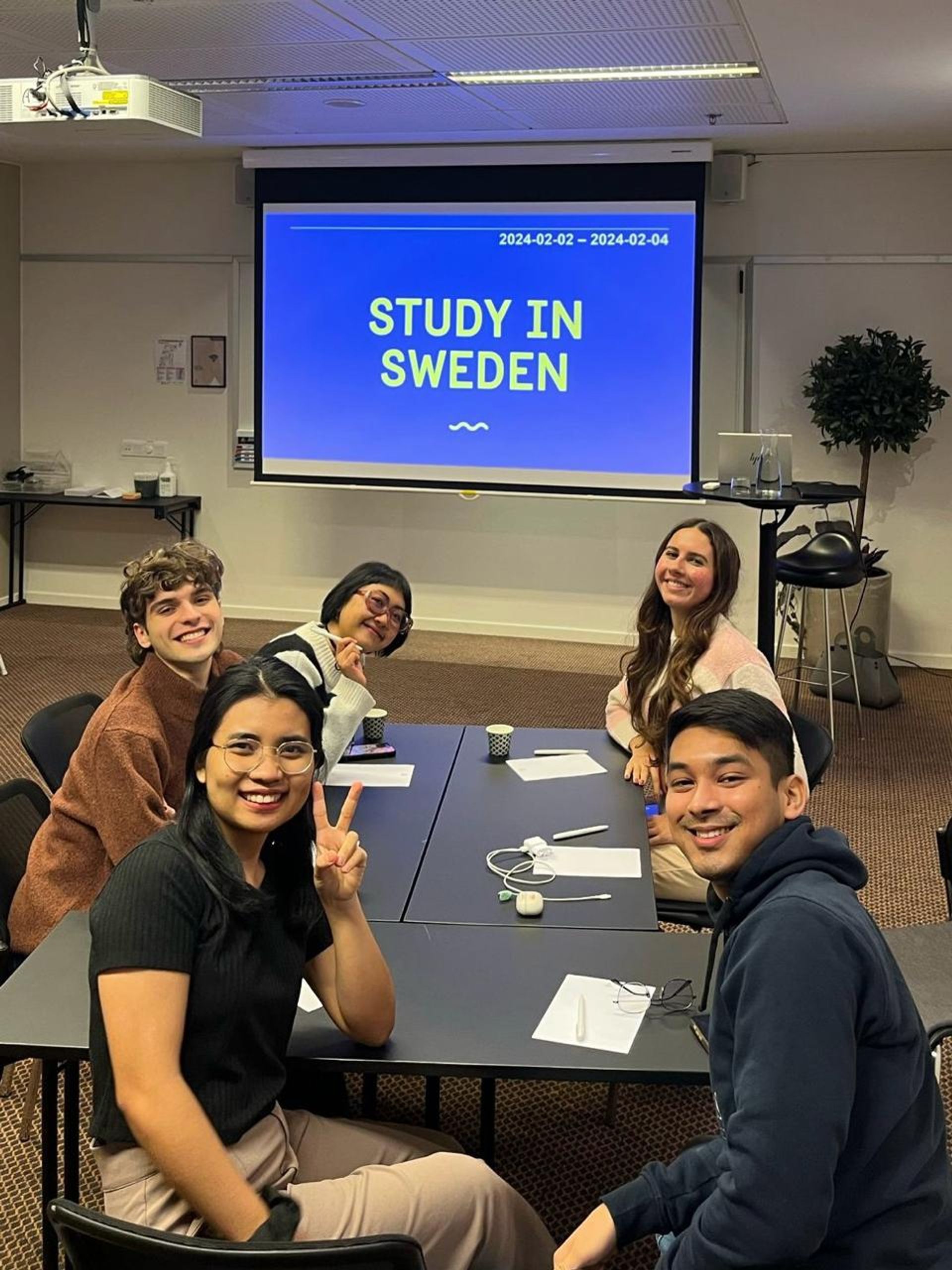
Written by Francesco
12 Feb 2017
Months go by, and my Swedish academic adventure continues non stop. This time, I’d like you to find out more about another course I’ve been attending since January. First of all, do I really have to remind you once again what I’m actually studying?
Seriously? Okay… just for this time, I promise myself that’s the last!
I’m joking of course. Here we are: I’m studying a Master’s Programme in Communication at the University of Gothenburg.
The course I’m gonna talk about is called ‘Communication among professionals’. The focus is obviously on the term ‘profession’ and ‘professional’, keeping always in mind the fundamental role that communication plays within the field of the organizational domain. When I say organizational, I mean that we should consider everything that happens within the borders of any sort of organization, company or whatever: a cluster of people working together and, presumably, belonging to different positions. These positions entail a diverse knowledge owned by specific people at various levels of the organization; of course, who is entitled of the highest positions owns more power and different knowledge than whom has a lower position in the organizational hierarchy.

As it is assumed, communication has carried out through different channels, such as written forms, oral ones, non-verbal, visual or digital too. When communication occurs within a workplace context, most probably is framed in a metaphorical container that is known as ‘discourse’. Almost every kind of professional domains has its own discourse: for instance, medical discourse, scientific discourse, legal discourse, and the list goes on. If you happen to be in an hospital, perhaps you’ll listen to workers conversations, while queueing or waiting in the hallway or whatsoever situation; well, in this case, medical discourse don’t always occur: it may be normal listen briefly to two nurses talking about their family or their friends’ issues; as well, it may be normal listen to the same two nurses talking about patients’ conditions or medical treatments: in that case, we can claim that we’re in front of the so called medical discourse.

Some days ago, our class, divided into small groups, had to make a ‘professional’ presentation of a case study, pretending to be consultants: the aim of this activity saw each group presenting a case of boat rocking to the ‘top management’ (our professor and the rest of the classmates, N.d.R). What is boat rocking, are you wondering? No problem, just read this definition: “the boat-rocker is one who express – in a direct, straightforward manner – the boundaries of an organization” (Redding, 1985, p.246). The case was about a conflict that was rising between a frontline worker and her middle-managers within a healthcare provider of in-home services. I personally found this task being really interesting, and this will surely lead me to deepen the topic concerning boat rocking, as well as the one known as whistleblowing: the case of Edward Snowden reminds you anything, doesn’t it?
Waiting for new tasks and assignments, and new stories regarding my Master’s Programme to tell you!
Featured image: http://thebusinesstherapist.com/2011/10/corporate-communication-skills/
Picture 1: https://news.clearancejobs.com/2013/03/07/mastering-professional-communication-in-a-defense-industry-office/
Picture 2: http://www.tomppro.com/course-cat/people/communication/




